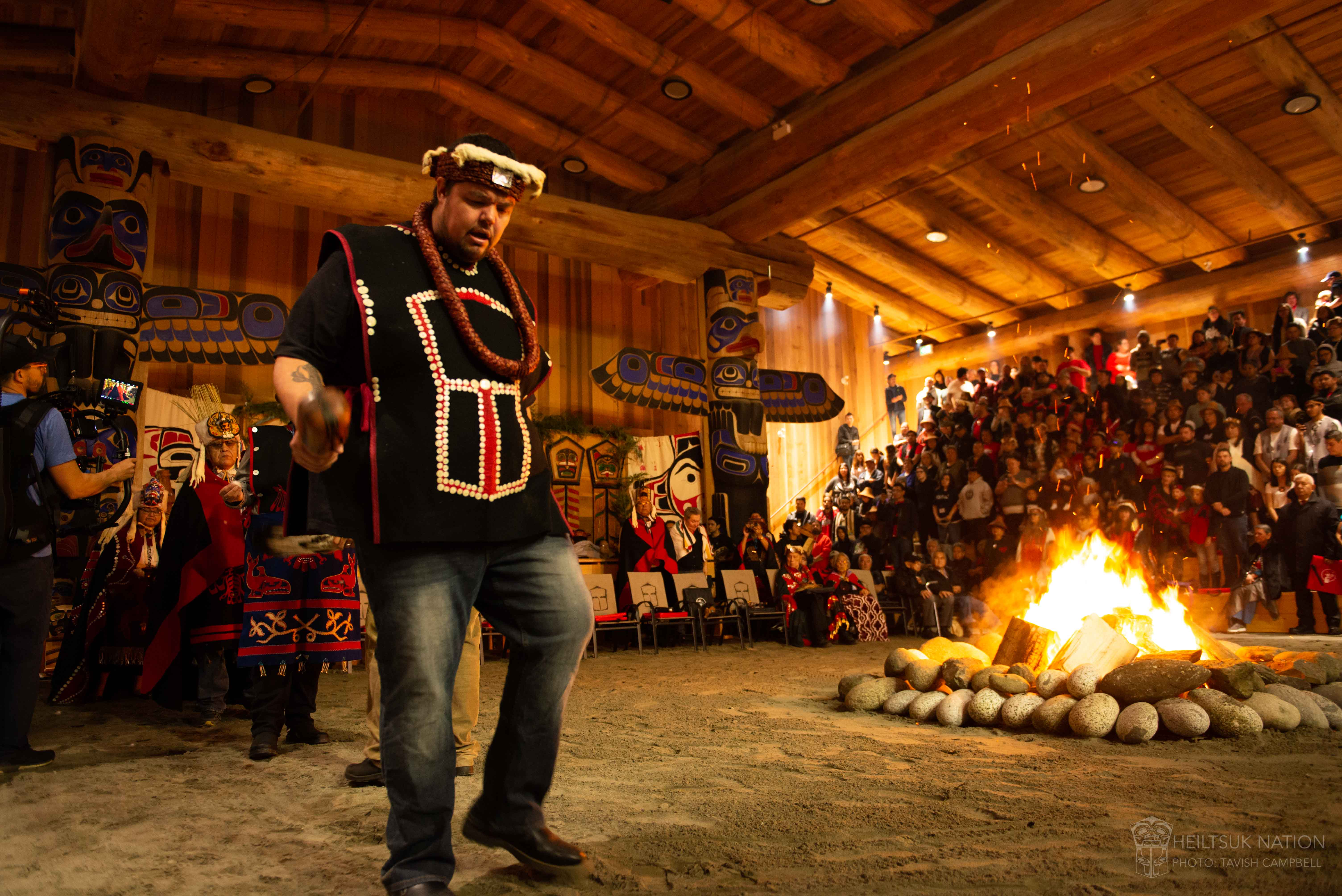In this article published in the Globe and Mail, CEO Christine Smith-Martin and Heiltsuk Chief Councillor Marilyn Slett say rebuilding fish populations and embracing fisheries co-governance is an important step toward reconciliation.
Canada’s federal government talks a big game when it comes to reconciliation – always with a capital “R” for emphasis and importance. But when it comes to moving from words to action, that big game often slows to a snail’s pace. For First Nations in the North Pacific Coast, one historical challenge has been the decline of fisheries that we rely on – owing to Canada’s unsustainable management practices.
The fact is, reconciliation does take time. It requires patience to restore strained relationships and a shared resolve and determination to change entrenched ways of doing things. Most of all, reconciliation is an active process, perhaps best described by the Heiltsuk word Haíɫcístut: “To turn things around, and make things right again.”
So, when true reconciliation happens, it’s worth celebrating and replicating.
The historic Fisheries Resources Reconciliation Agreement (FRRA) – signed by the Government of Canada and eight First Nations along the North Pacific Coast – is a prime example of reconciliation in action. A major step forward in co-governance and shared decision-making, the FRRA will ensure First Nations play a lead role in revitalizing coastal fisheries and in rebuilding depleted fish stocks throughout our territories.
There is another opportunity to further advance reconciliation and conservation objectives for Fisheries Minister Joyce Murray. By strengthening the laws and regulations currently under her review in the Fisheries Act, Ms. Murray can give her staff clear direction to rebuild fish populations and manage fisheries resources collaboratively with our member Nations.
How the Minister will act is still unclear, but our resolve to sustainably manage and steward our fisheries and coastal ecosystems has never wavered. That is because our communities have been deeply affected by the decline of fisheries. For the first time in millennia, we can no longer reliably depend on salmon as a food source – a catastrophic loss in culture and way of life. The legendary runs of wild sockeye, Chinook, pinks, chum and coho that once filled our inlets, bays and estuaries are severely depleted. A similar plight affects wild fish populations across Canada.
Our siblings, grandparents and children have all spent time together along the shoreline during salmon runs. As a community, we gather to harvest, feast and preserve the salmon that sustains us; drying, curing, canning and freezing this rich food to be enjoyed throughout the year. No edible part of the fish is ever wasted.
We know that keeping ocean and river ecosystems healthy is the key to preserving our culture, food security and economic self-sufficiency, and that it is essential to integrate Indigenous knowledge into fisheries decision-making.
Yet, for more than a century, overfishing and unsustainable management practices took far more from the sea than could be replenished. Today, just a third of Canada’s wild fisheries are considered healthy, and biodiversity in our oceans, lakes and rivers is at an all-time low. This unsustainable approach removed decision-making power and control from First Nations who have sustainably managed resources within their traditional waters for thousands of years.
In short, Canada’s coastal fisheries and ecosystems have been pushed to the brink, just as climate change and other stressors continue to strain ecosystems.
In this context, the FRRA is a tool that promises a much-needed paradigm shift by creating a management model based on sustainability and co-governance. Supported by Indigenous place-based knowledge and stewardship, and paired with marine spatial planning and a robust network of marine-protected areas, this new co-governance framework will benefit all Canadians and show the world that we can manage resources differently, and better.
But shifting toward true collaborative governance means we must agree on shared objectives to prioritize the rebuilding of depleted fish populations that support long-term sustainable fisheries and coastal communities. That’s why we also need strong policy and commitments at the national level from both the Oceans Act and Fisheries Act. Otherwise, overfishing and mismanagement will continue to threaten one of the most sustainable sources of protein on the planet – wild fish.
Coastal First Nations remain committed to working with Canada to rebuild and co-manage wild fish populations. As ever, we persist in a reciprocal relationship of stewardship and life-giving with our lands and waters. Our ecosystems will continue to provide for us if we let them.
We look to Ms. Murray to deliver on Canada’s commitment to rebuilding fish populations, and hold her staff accountable to embracing a new era of fisheries co-governance as a commitment to reconciliation.
Christine Smith-Martin is CEO of Coastal First Nations. Marilyn Slett is Chief Councillor of the Heiltsuk Tribal Council and President of Coastal First Nations.


